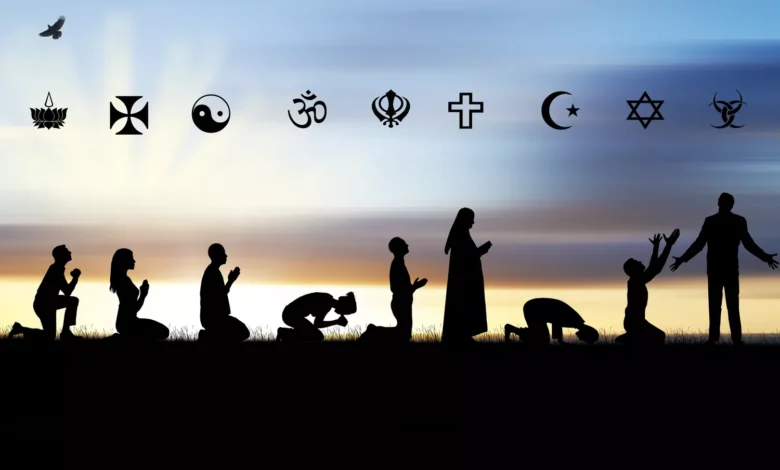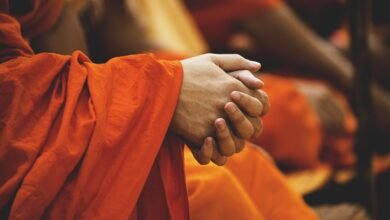
Pakistan is a country rich in cultural diversity and religious heritage. Established as a homeland for Muslims of the Indian subcontinent, the nation is primarily an Islamic state; however, it is home to a variety of other religious communities. This blog post will explore the major religions practiced in Pakistan, their significance, and the role they play in the country’s social fabric.
1. Islam: The Predominant Religion
Overview: Islam is the state religion of Pakistan, with approximately 95-98% of the population identifying as Muslim. The majority are Sunni Muslims, while a significant minority are Shia Muslims.
History: The roots of Islam in the region date back to the 7th century when it spread through trade and cultural exchange. Following the partition of India in 1947, Pakistan was created as a separate nation for Muslims, solidifying Islam’s role in the country’s identity.
Practices: Islamic practices in Pakistan include daily prayers (Salah), fasting during the holy month of Ramadan, giving to charity (Zakat), and the pilgrimage to Mecca (Hajj). The Islamic calendar guides the observation of religious holidays like Eid al-Fitr and Eid al-Adha.
2. Minority Religions
While Islam dominates, several minority religions coexist in Pakistan, each contributing to the country’s cultural tapestry:
a. Christianity
- Overview: Christians make up about 1.5-2% of the population. The community is primarily composed of Roman Catholics and Protestant denominations.
- History: Christianity has a long history in the region, dating back to the arrival of European missionaries in the 16th century. Today, the Christian community is active in education, healthcare, and social services.
- Celebrations: Major Christian holidays, such as Christmas and Easter, are celebrated openly, particularly in urban areas.
b. Hinduism
- Overview: Hindus constitute about 1.5-2% of the population, mainly concentrated in the Sindh province and urban centers.
- History: Hinduism predates Islam in the region and has a rich cultural heritage. The partition of India led to significant demographic changes, with many Hindus migrating to India.
- Practices: Hindu festivals like Diwali and Holi are celebrated, and various temples can be found in cities like Karachi and Hyderabad.
c. Sikhism
- Overview: Sikhs make up a small minority in Pakistan, with estimates ranging from 20,000 to 30,000. The majority reside in Punjab.
- History: Pakistan is home to several historical Sikh sites, including Nankana Sahib, the birthplace of Guru Nanak, the founder of Sikhism.
- Practices: Sikhs in Pakistan actively celebrate their festivals, such as Vaisakhi, and maintain their cultural traditions.
3. Interfaith Relations and Challenges
Overview: Pakistan’s religious diversity contributes to its cultural richness, but it also presents challenges. Religious minorities often face discrimination and violence, which has led to calls for greater tolerance and protection of minority rights.
Legislation: The Pakistani Constitution recognizes Islam as the state religion but also provides for the rights of religious minorities. However, blasphemy laws and other regulations can disproportionately affect non-Muslims.
Interfaith Initiatives: Various organizations work towards promoting interfaith dialogue and understanding in Pakistan, fostering a spirit of unity among different religious communities.
4. Conclusion
Religions in Pakistan reflect a complex and dynamic tapestry of beliefs and practices. While Islam remains the dominant faith, the presence of various minority religions enriches the country’s cultural heritage. Understanding the religious landscape is essential for appreciating Pakistan’s diversity and addressing the challenges faced by its communities. As the nation continues to evolve, fostering an environment of respect and tolerance among all faiths will be crucial for its social harmony and progress.



